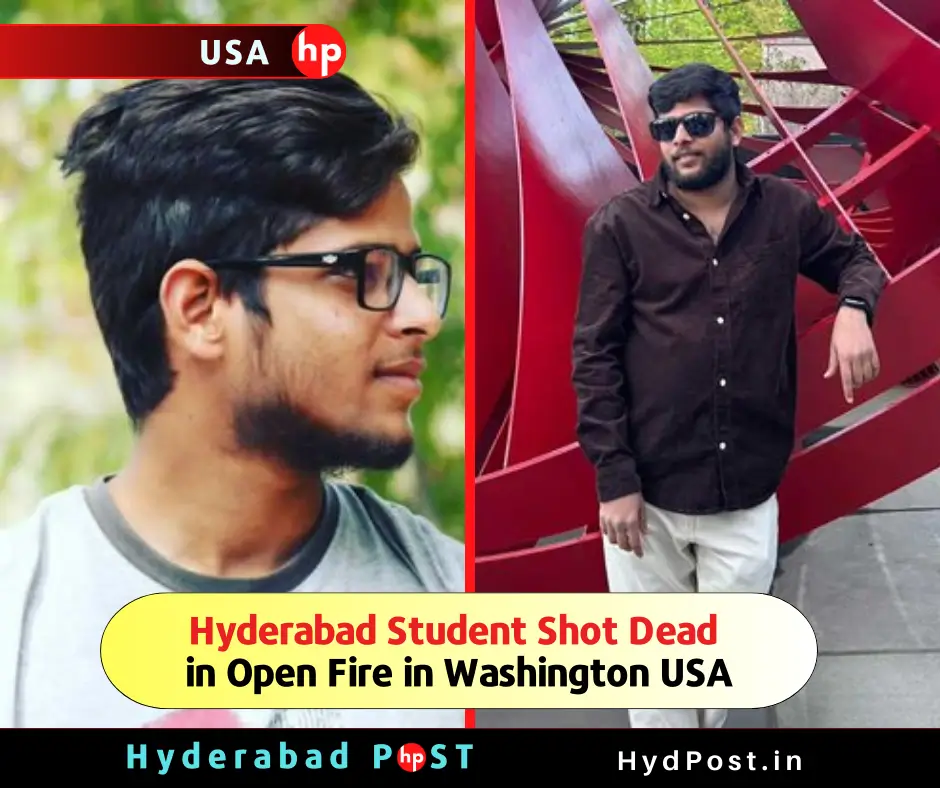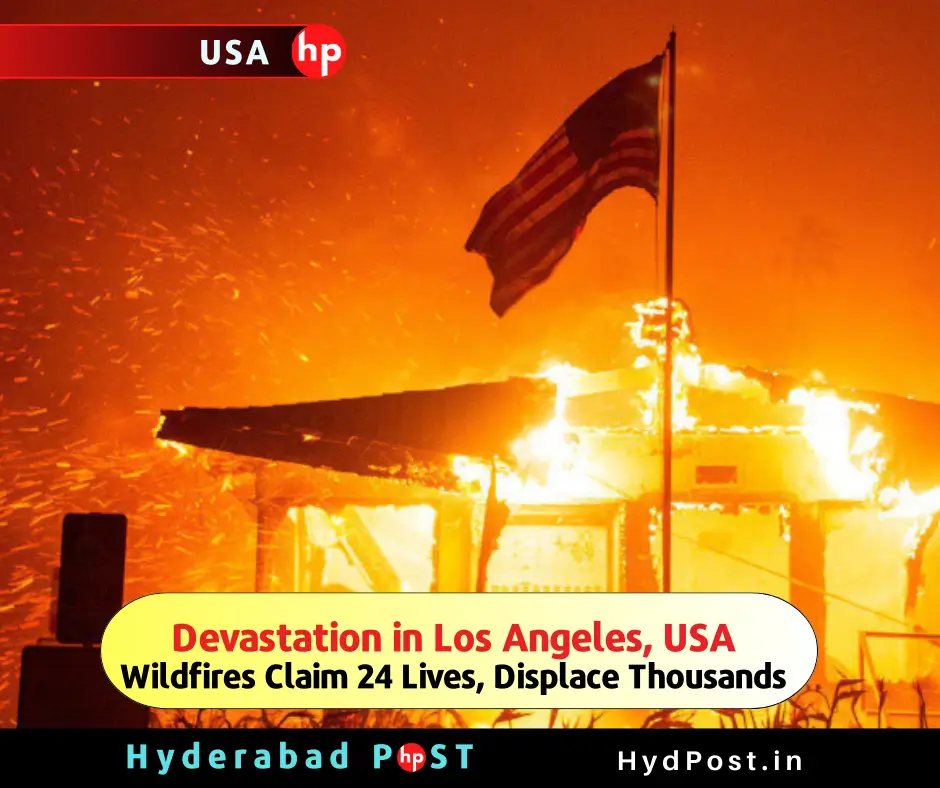Middle East: The United States is deploying additional warships and fighter jets to the Middle East to support Israel against potential threats from Iran and its proxies, following the assassination of Hamas leader Ismail Haniyeh in Tehran and Hezbollah commander Fuad Shukr. The Pentagon emphasized its unwavering commitment to Israel’s defense, stating that missile defense forces are on heightened readiness. Iran’s Ayatollah Khamenei promised severe retaliation and declared three days of mourning for Haniyeh. Tensions in the region are high, with the US increasing military presence to enhance force protection and be prepared for various scenarios. Despite the rising tensions, the US does not view escalation as inevitable and supports efforts for a ceasefire. An Israeli delegation is set to negotiate in Cairo for a Gaza ceasefire and hostage release.
Key Points
- · The US is deploying additional warships and fighter jets to the Middle East to support Israel against potential Iranian and proxy attacks.
- · The region is tense following the assassination of Hamas leader Ismail Haniyeh in Iran and Hezbollah commander Fuad Shukr.
- · The Pentagon has increased missile defense readiness and reaffirmed its “ironclad” commitment to Israel.
- · Ayatollah Khamenei has promised severe retaliation against Israel and declared three days of mourning for Haniyeh.
- · Haniyeh, a key Hamas leader, was killed in Tehran; Iran and Gaza-based Hamas blamed Israel, which has not commented.
- · Fuad Shukr, a Hezbollah commander, was killed shortly before Haniyeh’s death.
- · The Pentagon stated the new deployments would enhance US force protection and defense of Israel, including additional missile defense-capable ships.
- · The US had increased deployments previously when Iran attacked Israel with drones and missiles in April.
- · Israeli PM Netanyahu claimed responsibility for the recent strikes, warning of challenging days ahead.
- · Pentagon spokesperson Sabrina Singh said escalation is not seen as inevitable and supports ceasefire negotiations.
- · An Israeli delegation will travel to Cairo for ceasefire and hostage release talks.
- · The conflict began with a Hamas attack on Israel on October 7, killing 1,200 people. Israel’s response has killed nearly 40,000 in Gaza, according to Hamas-run health ministry.
Earlier… Iran Threatened “Harsh Punishment” for Israel, After Hamas Leader Assassinated in Tehran — Duplicate
Tehran: Iran has vowed harsh punishment for Israel following the assassination of Hamas leader Ismail Haniyeh in Tehran. While Israel has not directly commented on the strike, Prime Minister Netanyahu mentioned delivering “crushing blows” to enemies, referencing recent killings, including a senior Hezbollah commander in Lebanon. Netanyahu warned of challenging days ahead and emphasized Israel’s preparedness for any scenario. The UN has warned against escalating hostilities, with the Security Council set to discuss the situation.
Hamas’s armed wing declared Haniyeh’s death would significantly impact the conflict. Haniyeh was killed after attending Iran’s new president’s inauguration. The strike also resulted in the death of other Hamas members and guards. Israel’s recent actions include killing Hezbollah’s Fuad Shukr, linked to a rocket attack on the Golan Heights. The US and UK have advised against travel to Lebanon, and airlines are canceling flights to Beirut and Tel Aviv.
Key Points…
- Iran has threatened “harsh punishment” for Israel, which it claims was responsible for assassinating Hamas leader Ismail Haniyeh.
- Israel has not directly commented on the strike that killed Haniyeh in Tehran on Wednesday.
- Israeli Prime Minister Benjamin Netanyahu stated that Israel had delivered “crushing blows” to its enemies recently, including the killing of a senior Hezbollah commander in Lebanon.
- Netanyahu warned Israelis of “challenging days” ahead, indicating fears of a wider conflict in the Middle East.
- He mentioned threats from all directions since the Beirut strike and emphasized Israel’s preparedness for any scenario.
- UN Secretary-General Antonio Guterres warned of a “dangerous escalation” in the region, with the UN Security Council set to meet to discuss the situation.
- Hamas’s armed wing claimed Haniyeh’s death would escalate the conflict significantly.
- Hamas had attacked Israel on October 7, killing around 1,200 people, prompting Israel to vow to destroy Hamas.
- Haniyeh, involved in ceasefire negotiations in Gaza, was killed after attending Iran’s new president Masoud Pezeshkian’s inauguration.
- A senior Hamas official reported that Haniyeh was killed in the same building he had stayed in during previous visits to Iran, along with three other Hamas leaders and several guards.
- Khalil Al-Hayya, a senior Hamas official, stated that a missile hit Haniyeh “directly,” according to witnesses.
- Top Hamas officials reported being in a “state of shock” after the assassination.
- Prior to Haniyeh’s targeting, Israel claimed responsibility for killing senior Hezbollah member Fuad Shukr in Beirut, who they believe was behind a rocket attack killing 12 in the Golan Heights.
- Hezbollah confirmed Shukr’s death, along with four others, including two children.
- A response from Hezbollah is expected, as they have previously retaliated against senior member killings with rocket attacks on Israel.
- The US advised its citizens against traveling to Lebanon due to rising tensions, and the UK urged its nationals to leave the country.
- Several airlines canceled flights to Beirut, and United, Delta, and British Airways are expected to suspend flights to Tel Aviv.
Earlier on 31 July….
‘Airborne Projectile’ Used to Assassinate Hamas Leader Ismail Haniyeh in Iran
Tehran: Ismail Haniyeh, the political bureau chief of Hamas, was killed in Iran following an Israeli raid on his residence in Tehran. Hamas and Iranian officials confirmed the incident, which occurred after Haniyeh attended the inauguration of Iran’s new president. An “airborne projectile” hit Haniyeh’s residence, resulting in his death and that of a bodyguard. Hamas condemned the assassination, blaming Israel, although no official claim of responsibility has been made. An investigation by the Iranian government is underway.
Key Points:
- Ismail Haniyeh, the political bureau chief of Hamas, was killed in Iran.
- Hamas and Iranian officials confirmed Haniyeh’s death.
- Haniyeh was killed early Wednesday after an Israeli raid targeted his residence in Tehran.
- Hamas mourned Haniyeh, stating he was killed in a “treacherous Zionist raid” after attending the inauguration of Iran’s new president.
- Haniyeh was a significant figure in the Palestinian resistance against Israel.
- Iran’s Nournews reported that Haniyeh’s residence was hit by an “airborne projectile.”
- An investigation into the details of the attack is underway.
- The Iranian government announced that the investigation results would be released soon.
- Iran’s Revolutionary Guard’s Sepah news website stated that Haniyeh and a bodyguard were killed in the attack.
- Haniyeh was in Tehran for the swearing-in ceremony of Iranian President Masoud Pezeshkian.
- A top Hamas official called the assassination a “cowardly act” that would not go unpunished.
- No group immediately claimed responsibility, but suspicion fell on Israel.
- Israel has previously vowed to kill Haniyeh and other Hamas leaders.
- Israel has killed many of Haniyeh’s family members during its operations in Gaza.
- Iranian state television analysts blamed Israel for the attack.
- Israel did not comment on the assassination.
- Israel is suspected of a long-term assassination campaign targeting Iranian nuclear scientists and others linked to Iran’s atomic program.
An “airborne projectile” refers to any object that is launched or propelled through the air. This can include a wide range of items, such as:
- Missiles: Guided or unguided, designed to be launched and hit a specific target.
- Rockets: Propelled by explosive fuel, often used in military and space applications.
- Artillery Shells: Large-caliber rounds fired from artillery guns.
- Mortar Rounds: High-angle fire projectiles launched from a mortar.
- Bullets: Fired from firearms like rifles and pistols.
In the context of the assassination of Ismail Haniyeh, an “airborne projectile” likely refers to a missile or similar military munition.
Daily Quote
More Hyderabad News
Telangana News…
Andhra Pradesh News …
More National, Global News
You can get instant news and articles from Hyderabad Post
Click to Like/Follow/Subscribe us on Facebook – Twitter – Telegram – Instagram – WhatsApp – YouTube























